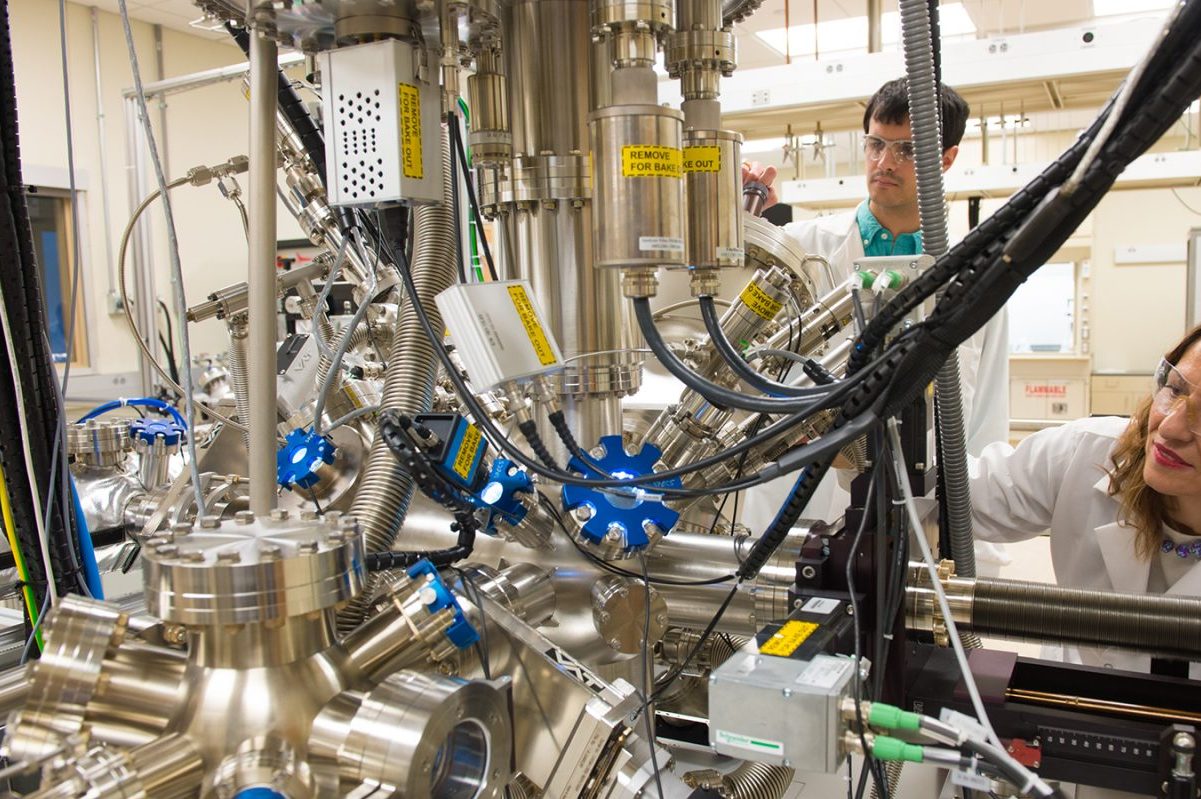The US Department of Energy (DOE) has announced the opening of a new Battery Recycling Center at Argonne National Laboratory that will explore ways to make recycling batteries more viable for businesses and more environmentally sustainable for communities.
The facility, a collaboration between the DOE’s Vehicle Technologies Office and the Critical Materials Institute (CMI), will focus on advancing recycling technologies to recover high-value materials from lithium-ion batteries. CMI is an Energy Innovation Hub managed by the Ames Laboratory and funded by the DOE’s Office of Science.
Currently, over 95 percent of lithium-ion batteries used in vehicles and electronics are sent to landfills where they can release toxic chemicals into soil and groundwater.
The new battery recycling facility, operated by DOE’s Argonne National Laboratory, will work to safely recover valuable materials from spent batteries for reuse in new batteries and other products.
By closing the loop on these materials and reducing our dependence on foreign sources of critical minerals, America can build a robust domestic supply chain for vital minerals.

The DOE’s Office of Environmental Management (EM) provides $2 million in funding for the center, which will help EM recycle used batteries from its facilities and serve as a resource for other federal agencies, local governments, and the private sector.
“Recycling batteries is a critical step toward reducing our reliance on foreign sources of rare earth metals such as lithium, cobalt, and nickel,” said EM Principal Deputy Assistant Secretary Mark Whitney.
The new recycling center will allow researchers to explore new recycling technologies that can reduce costs and increase the number of battery materials recovered by separating them into their component parts.
“Recycling lithium-ion batteries is an important part of our efforts to ensure a clean, domestic supply of critical materials,” said David Howell, deputy assistant secretary for Clean Coal and Carbon Management within the DOE’s Office of Fossil Energy. “We expect this new facility will accelerate the development and commercialization of advanced recycling technologies.”
Recycling batteries also helps preserve resources by allowing companies to reuse recovered materials rather than having to mine them or import them from other countries, which can be costly and hazardous.
The Department is investing in research and development to recycle critical materials from electric vehicle batteries. The DOE also supports recycling technologies that can recover valuable metals from coal ash, a waste product from coal-fired electric power plants.
